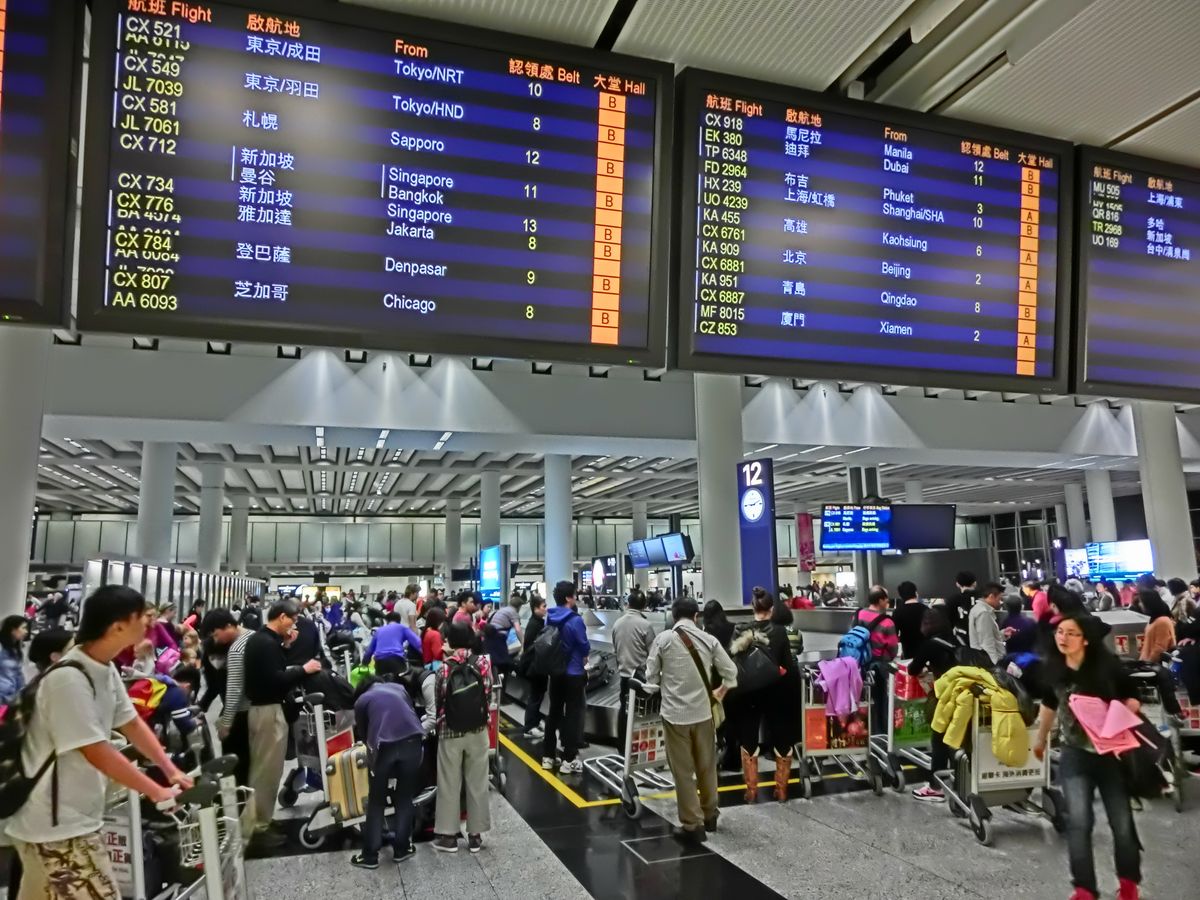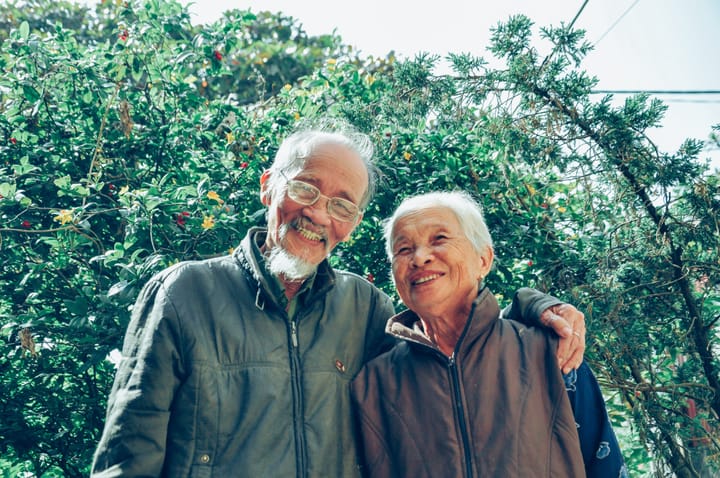Hong Kong researchers document the first case of COVID-19 reinfection

A few minutes every morning is all you need.
Stay up to date on the world's Headlines and Human Stories. It's fun, it's factual, it's fluff-free.
On August 15, a routine reentry screening at the Hong Kong airport revealed the first documented case of COVID-19 reinfection: a 33-year-old Hong Kong man returning after traveling in Europe.
Genetic testing suggested that, although asymptomatic, he had been infected a second time with a different strain of the virus than his first diagnosis in March.
Researchers have studied mutations of infectious pathogens and confirmed that the novel coronavirus is no exception. However, these mutations are much less dramatic than what you’d typically see in a Hollywood film. They primarily allow scientists to tie certain strains to particular locations in the world.
This testing, known as “genome sequencing,” or studying the order of nucleotides in DNA, showed that the two strains displayed differences in 24 nucleotides, suggesting they are varying strains of the disease. This test closely tied the reinfected man’s first infection to strains from the United States and England that had been collected in March/April and linked his second infection to strains from Switzerland and England in July/August.
As with other respiratory pathogens, researchers have presumed that an individual who was reinfected with COVID-19 might potentially display milder symptoms than they did in their initial bout with the virus. Researchers have found that immune response, after early exposure, may produce antibodies that stave off more extreme illness during reinfection, or may even grant immunity to the disease altogether.
“For example,” the Mayo Clinic writes, “Those who survived the 1918 flu (influenza) pandemic were later immune to infection with the H1N1 flu, a subtype of influenza A.”
The Hong Kong case would appear to show that COVID-19 follows the same pattern. The man was asymptomatic in his second bout with the virus as he was still teeming with antibodies from his first exposure.
While many scientists look at this case with relief, it raises new questions about the durability of immune protection. Researchers cannot tell how long resistance to a new pathogen will last until more people are reinfected. However, this case may be a sign, albeit far from conclusive, that humans have the potential to develop herd immunity to the virus.
When asked about the Hong Kong report, Maria Van Kerkhove, a coronavirus expert at the World Health Organization (WHO) said, “What we are learning about infection is that people do develop an immune response, and what is not completely clear yet is how strong that immune response is and for how long that immune response lasts.”
Yet, some experts caution that this case may be an outlier and not representative of the larger population. Many have also warned against relying on herd immunity, noting the lack of information that currently exists on immunity to future infection of the virus.
Some of these experts have shifted their focus to understanding the spread of the disease, the development of a reliable vaccine and, should reinfection occur, what this means for asymptomatic carriers who may be reinfected.
Columbia University virologist Angela Rasmussen writes in Slate that “The most important question for reinfection, with the most serious implications for controlling the pandemic, is whether reinfected people can transmit the virus to others.”
There have been numerous reports of reinfection, but many are believed to be attributed to inadequacies in testing and are described simply as “prolonged infection.”
Despite this, the authors of the Hong Kong study remain firm in their account.
“We report the first case of reinfection of COVID-19,” they stated, “Epidemiological, clinical, serological and genomic analyses confirmed that the patient had reinfection instead of persistent viral shedding from first infection."
Cases of reinfection have now appeared in Belgium, the Netherlands and in the US. One of those reinfected was a 25-year-old whose case was the complete opposite as that of the man in Hong Kong, as the 25-year-old experienced more severe symptoms upon reinfection than he had experienced when first infected with the virus. While the 25-year-old’s immune response was vastly different from that of the man in the Hong Kong study, it nevertheless shows that it’s possible to get reinfected.
“This might happen more often than we think,” Mark Slifka, an immunologist at Oregon Health and Science University in Portland tells Science News, “But no one’s swabbing people on a routine basis when they’re healthy.”
Have a tip or story? Get in touch with our reporters at tips@themilsource.com




Comments ()